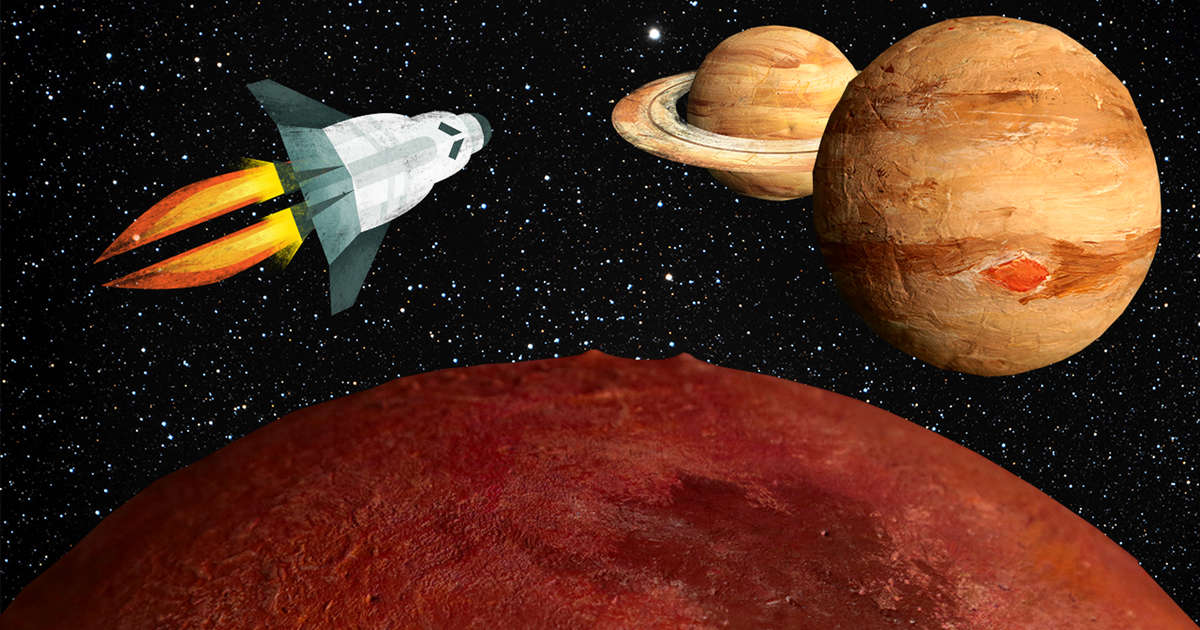
As far as we know, Earth is the only place in our solar system where humans can survive without a spacesuit. So if we ventured outside the cushy confines of our home, how long would we live on the other planets?
Mercury, the closest planet to the Sun, is actually not the hottest of the bunch, but it does have the most extreme variation of temperatures. Astronomers once believed Mercury was tidally locked - meaning only one side of the planet faced the Sun which explains why one side is so hot while the other is so cold. But Mercury does rotate, just incredibly slow. At its current rotational velocity, it takes about 176 Earth days to experience one Mercurian day-night cycle. But you wouldn’t make it to the next day because you would die in about two minutes due to freezing or burning up.
Mercury’s neighbor, Venus, has an atmosphere that’s composed mainly of thick carbon dioxide, which traps the Sun’s heat and causes scorching surface temperatures higher than 470 degrees Celsius. You better take in that unusual view real fast because it’s the last thing you’ll see since Venus will vaporize you in less than one second.
Mars is the hottest contender for humanity’s future home, and living there will literally take your breath away. The red planet’s barely there air will have you begging for a breath, and silicate dust will begin to cloud your lungs. Within about two minutes Mars’s low atmospheric pressure will cause your organs to rupture resulting in a quick but painful death.
Jupiter is nice to look at but if you touch it, you will die. As far as we know, the gas giant has no surface, so your body will descend through cloud-like layers of mostly hydrogen and helium. As you fall deeper, temperature and pressure will rise, but you won’t feel anything because the pressure killed you less than one second after arriving on the planet.
Saturn is another work of universal art. The planet’s rings are made up of billions of particles that range in size and are almost entirely water ice, but it isn’t solid. And you likely won’t find solid ground on the planet itself. Like Jupiter, the gassy composition of Saturn would swallow your lifeless body faster than the tick of a clock.
Uranus and Neptune don’t offer any hope of survival either. And you’d likely die of boredom on the way there, considering the billions of kilometers of travel anyway. The ice giants are made up of mostly swirling fluids, but they get their blue hues from methane gas in their atmospheres, which would cause you to suffocate. On top of the toxic gas, the extreme temperatures on both planets would contribute to a nearly instant death.
So, let’s be thankful for our planet and treat her well, because no one wants to spend their entire life in a spacesuit.
Bagikan Berita Ini















